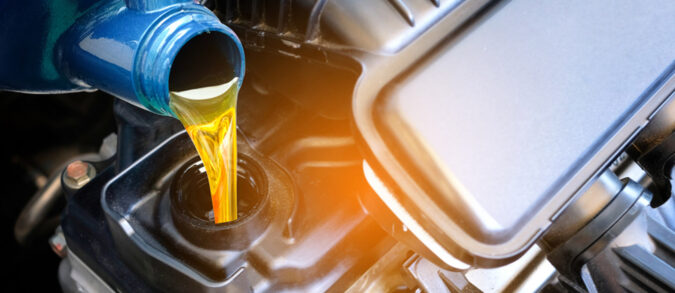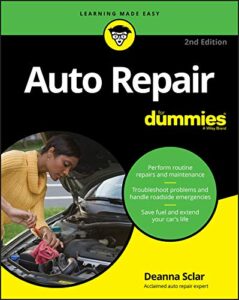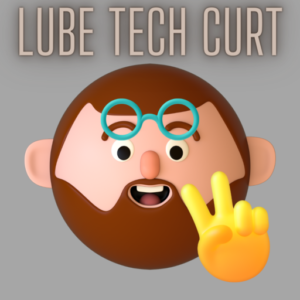I’ve been in the automotive industry for a few years now and even today, I still get suckered into doing oil changes and general maintenance like batteries and tires for the entire day. In fact, since it’s getting colder outside, I get a million people a day that insist they have a puncture in their tire when really they are all just low on air because of the cold / hot days. You also lose 1psi of pressure a month naturally. Lets discuss what you should expect starting out as a lube technician.
Whether you start at a dealership or shop, you’ll probably be paired with an experienced lube technician. There are several pros and cons of working for a regular shop and dealership. The best thing about working for a dealership is seeing the exact same vehicles day in and day out. I work at a Mazda dealership and I already know what to expect as soon as I read the paperwork in most cases. The pros of working at a automotive shop would be that you get to experience working on different types of vehicles which can sometimes be more beneficial. The first few days, you’ll most likely learn how to properly set up the lift on a car. I remember when I first started, I was terrified of lifting a car up in the air and working underneath it. Once you get used to it, it’s actually pretty easy to lift a vehicle and always make sure you give it a good shake once its off the ground just to make sure it’s not going anywhere (I still do that today).
As a new lube technician, you’ll primarily be doing oil changes. Working at a dealership you’ll get to know what size drain plugs are on what car. Working in a shop it might take a little longer until you get used to different manufacturer’s. All the newer Mazda vehicles either have a 17mm drain plug or an inverted Hex 8 plug which is pretty convenient. The best advice I can give you is to always be aware of what you are doing and even if someone is rushing you, take your time. When mechanics get rushed, mistakes happen. You should also realize that you will make mistakes. My first 2 weeks on the job I left 2 oil caps off (causing oil to shoot up to the hood insulator), it had me so messed up I started taking a picture of each vehicle showing that I put the oil cap on until I got comfortable enough to know I was going to do it. After a few hundred oil changes on the same car you will notice that it’s just like clock work every single time.
Other than oil changes, you’ll probably start replacing batteries and changing / patching tires. Depending on the machines, changing and patching tires is a very easy procedure and balancing also. If you plan on taking automotive certifications, that is great! But, if you don’t plan getting any certifications yourself, see what your dealership or shop will offer. Mazda doesn’t really have anything other than your standard learning and testing for how starting and charging systems work, what tread depths are acceptable and unacceptable, stuff like that. Everything I have learned this far is simply from working hard and talking with the experienced technicians whenever I have free time. The knowledge that they have is priceless and if you can find one that will teach you and let you do things, that’s even better.
I have a few other good articles to read on starting out as a lube technician as far as what tools to expect to buy and a more in depth look at what you will be doing, you can check them out here:
What are the essential tools needed as a Lube Technician?
How to get started as a Lube Technician
A few tips for new Lube Technicians
I hope this article has helped and if you have any questions or want to see a certain article on this blog, email me at lubetechcurt@gmail.com or leave a message in the comments.



